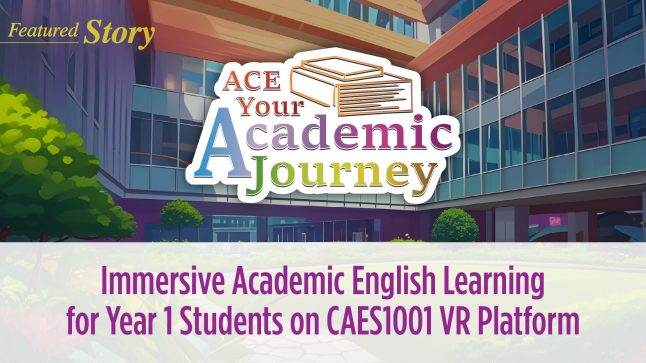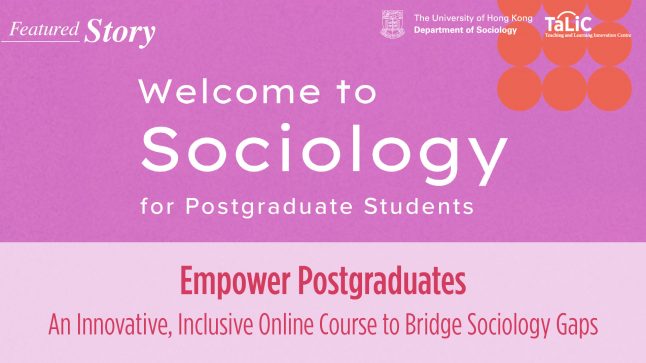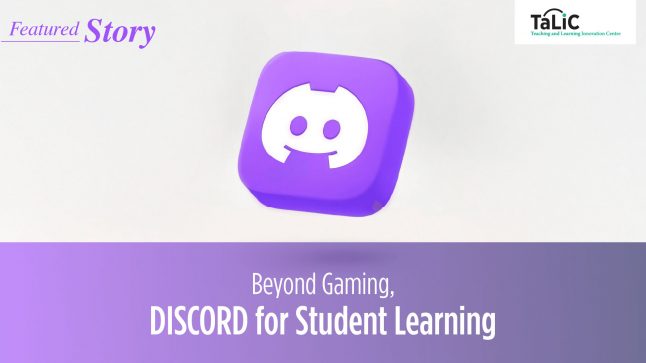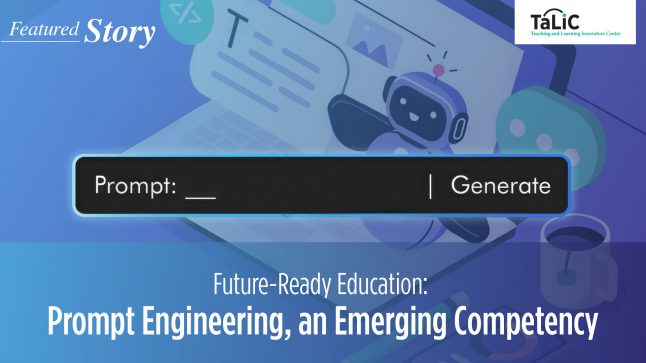
Time: 11:30am – 12:30pm
Speakers: Dr Leon Lei, Ms Sharon Keung
Registration (For HKU staff only)
In the past decade, course assessment has been digitized extensively. Apart from multiple-choice question banks, different technology solutions have been introduced in online learning. With some classes being shifted online, there is a pressing need for teachers to evaluate students’ performance within and beyond the campus. However, teachers may worry that conducting online assessment requires high digital literacy skills while some are concerned about the risk of academic misconduct behaviour in online assessment. This seminar will cover some good practices and design considerations in conducting online assessment.
Upon completion of this workshop, participants will be able to:
- Understand the potential and affordances of online assessment
- Understand tactics that can promote academic integrity
- Design low-stakes and high-stakes online assessment
- Design open book examination questions
- Design assessment on Moodle
For enquiries, please contact us at enquiry@teli.hku.hk.











